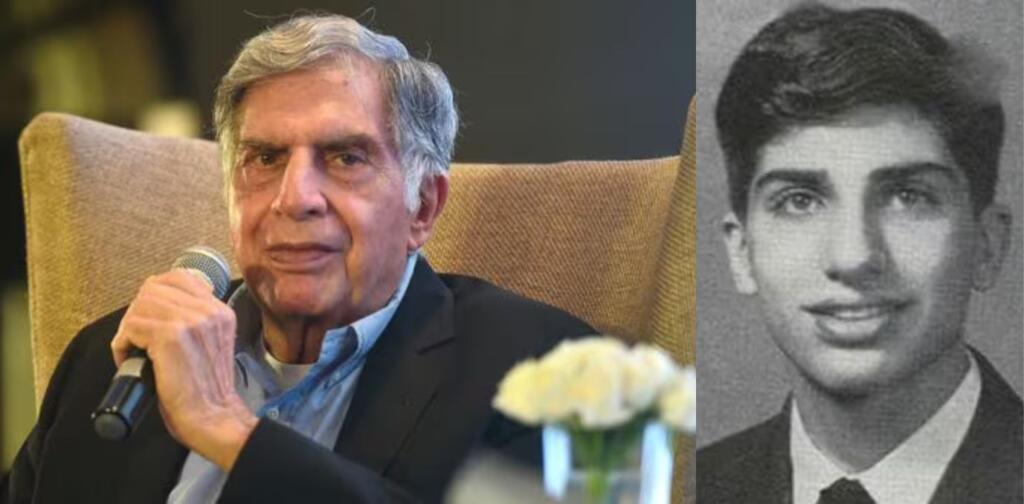Ratan Tata, the chairman emeritus of Tata Sons, passed away on Wednesday evening at the age of 86. His death marks the end of an era for one of India’s most influential business leaders. N. Chandrasekaran, current Chairman of Tata Sons, expressed profound grief, calling Ratan Tata a leader whose contributions shaped not just the Tata Group but the fabric of India.
Chandrasekaran described Tata as a mentor and friend, emphasizing his commitment to excellence, integrity, and innovation. Under his leadership, the Tata Group expanded globally while staying true to its ethical values.
Ratan Tata, despite his public stature, led a relatively private personal life. Although he came close to marrying four times, he remained unmarried. One of the most poignant episodes was his deep love for a woman during his stay in Los Angeles. However, the Indo-China War of 1962 led to her parents’ objections to her moving to India, thus preventing the marriage.
Tata’s educational journey was as distinguished as his career. He attended Campion School and Cathedral and John Connon School in Mumbai, before studying at Riverdale Country School in New York. Later, he completed programs at both Cornell University College of Architecture and Harvard Business School.
Tata began his career in the Tata Group in 1961, & under his leadership, Tata Motors acquired iconic brands like Jaguar Land Rover, and Tata Steel expanded its footprint by taking over Corus. Ratan’s vision for making quality accessible culminated in the launch of the Tata Nano, a car designed to bring vehicle ownership within the reach of millions of Indians.
Philanthropy played a major role in his life. Tata spearheaded initiatives like the Tata Scholarship Fund at Cornell University and donated $50 million to establish Tata Hall at Harvard Business School. He also contributed significantly to IIT Bombay with the creation of the Tata Center for Technology and Design. A touching tradition under his leadership was the Bombay House policy of sheltering stray dogs during the monsoon, reflecting his compassion for animals.
Ratan Tata’s legacy will always be defined by his vision, ethics, and immense contribution to both business and society.
